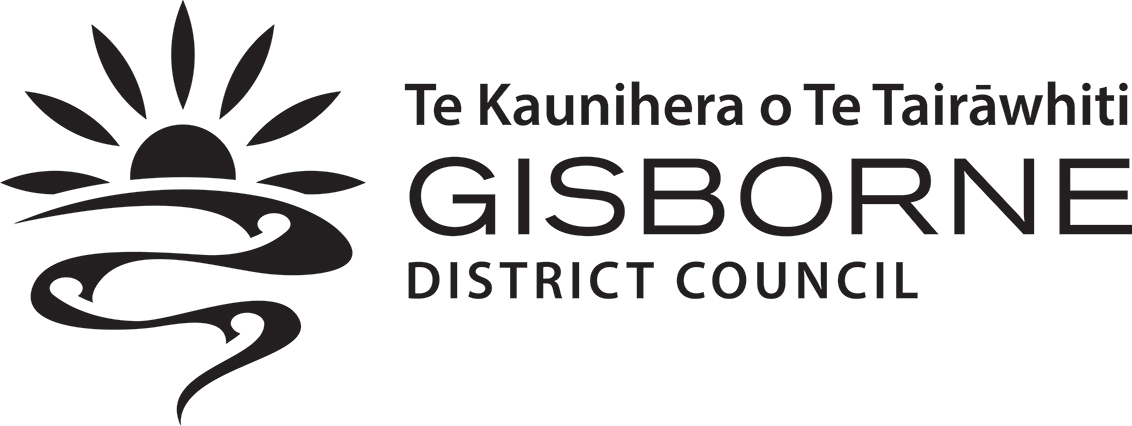Waingake transformation programme aims to create vital native forest. In partnership with mana whenua, Maraetaha Incorporated supported by Ngai Tāmanuhiri, we will transition 1200 hectares of pine plantation to indigenous forest.
Our goal is to regenerate the environmental and cultural heritage of Waingake, while also ensuring the protection and resilience of Tairāwhiti’s water supply.
Tairāwhiti has experienced massive historic losses of ecosystems and biodiversity. Just 7% of the Tairāwhiti district is classified as native bush today.
Through our valued partnership with mana whenua we're creating meaningful employment and training opportunities for local people and restoring native biodiversity.
The Waingake block currently consists of around 1,100ha of commercial pine forestry and 500ha of native vegetation in various stages of regeneration and maturity.
Staged harvest of the pine plantation began in 2018, with the last trees likely to be harvested by 2027.
As harvest progresses, there will be a number of risks to our water supply infrastructure. Establishing vegetation cover to help stabilise the land and minimise these risks is critical. Steeper and less stable land, along with land in close proximity to the water pipeline will be prioritised for native planting.
This planting will deliver natural infrastructure to protect, filter and supply clean water to Tairāwhiti, helping to provide water security, resilience and adaptation to climate change for the region.
2024-2027 Three Year Plan funding
$3.5M external funding, $2.3M Council funding - $5.8M total funding for 3 years.
Historic report a significant milestone for partnership
Maraetaha Incorporated and Council have joined forces in a shared commitment to enhance the social, cultural, environmental and economic wellbeing of both the descendant's of Maraetaha Inc and the broader Tairāwhiti community.
This partnership reflects a deep respect for the historical and cultural significance of Maraetaha whenua, which is encompassed within Waingake, Pamoa, and Mangapoike.
These lands are not only central to Gisborne’s municipal water supply, dams and pipeline infrastructure but also embody the enduring connection of Maraetaha Inc and Ngai Tāmanuhiri to their whenua. Since 2020, Maraetaha Inc and Council have been working together to protect, enhance, and sustainably manage this critical land and its resources.
A significant milestone in this collaboration has been the commissioning of a historical research inquiry to better understand the acquisition of Maraetaha whenua by the Council and its predecessors. The findings, detailed in the report offer valuable insight into this historical context Gisborne’s Local Government Waterworks Acquisitions of Maraetaha 2 Lands

Waingake
Gisborne District Council purchased the land at Waingake in 1991 from iwi and entered into a joint forestry agreement to establish a plantation pine forest.
The trees are now reaching maturity and are in the process of being harvested.
Establishing permanent indigenous cover in these catchments and removing pests will help reduce sediment, lifting water quality, restoring mauri and upholding Te Mana o Te Wai.

To revitalise our natural environment
One million native trees will be planted; combined with weed control and pest control to aid in the protection of highly erodible land and to revitalise the natural environment.
- The natural infrastructure will protect, filter and supply clean water to Tairāwhiti.
- As harvest of the last pine trees is completed, it's critical that native vegetation is established to cover and stabilise land around the water pipeline.

Waingake Waterworks Bush
The restoration of the Waingake area will provide a natural protection and security for our city's water supply ensuring it flows clean and plentiful to Tairāwhiti and provide ongoing economic benefits.
- The regenerating forest ecosystem will be contiguous with the Waingake Waterworks Bush – the largest and most significant remnant of coastal lowland forest in our region, and home to several rare and threatened flora and fauna.
- Our native species that will benefit from this programme include long-tailed bats, North Island rifleman, New Zealand falcon, hebe tairawhiti, and 2 species of mistletoe (Peraxilla tetrapetala and Tupeia antarctica).
- The opportunity for this programme to increase protection for the diverse range of flora and fauna within Waingake Waterworks Bush aligns with the vision and outcomes of Te Mana o Te Taiao
Background to the transformation programme
For information on the history of the Waingake Transformation Programme see the following decisions and updates to Council:
- 28 June 2018 Report 18-230 - Protection of the Waingake Water Supply Pipeline.
- 27 September 2018 workshop Report 18-388 to the Future Tairāwhiti Committee with the public excluded - Future Management of Pamoa Forest Block.
- 13 December 2018 Report 18-457 with the public excluded - Preferred Direction on Long Term Future of Pamoa Forest.
- 31 January 2019 Report 19-024 to extraordinary Council - Councillor Notice of Motion re Pamoa Alternatives.
- 19 December 2019 Report 19-404 to Council for information - Long Term Future of Pamoa Forest. Particularly to provide further financial information requested at the January 2019 meeting.
- 20 February 2020 Operations Committee Report 20-20 - Establishment of Pamoa Forest Restoration subcommittee and appointed Crs Dunn, Wharehinga, Worsnop and Dowsing to the subcommittee.
- 27 May 2020 Finance & Performance Committee Report 20-125 - Pamoa Implementation Plan - 2020/21, seeking approval of budget for years 1 and 2 of the native restoration project.
- 12 November 2020 Operations Committee Report 20-345 – Waingake Transformation Programme Update.
- 18 February 2021 Operations Committee Report 21-30 – Waingake Transformation Programme Update.
We expect to receive external funding of $3.5m for the programme over the next 3 years from 2024 to 2027. Council will contribute a further $2.3m over this period.
We also expect to receive ongoing income from the second rotation commercial forest, and from other commercial opportunities.
2021 - 2024 progress
The team's progress as they transition the Waingake Block from plantation pine to indigenous forest in our water catchment. Together with our mana whenua partners Maraetaha Inc, we’re on our way to establishing a new native forest for Tairāwhiti.
